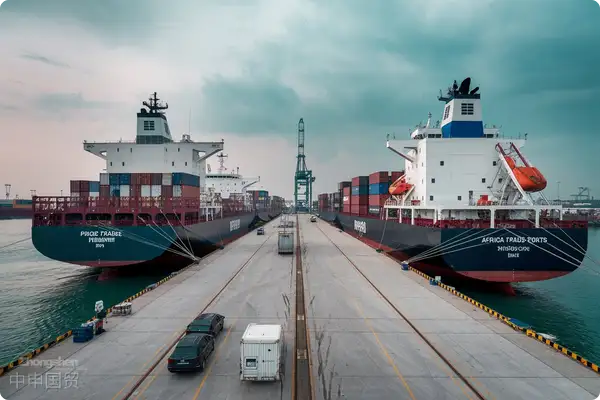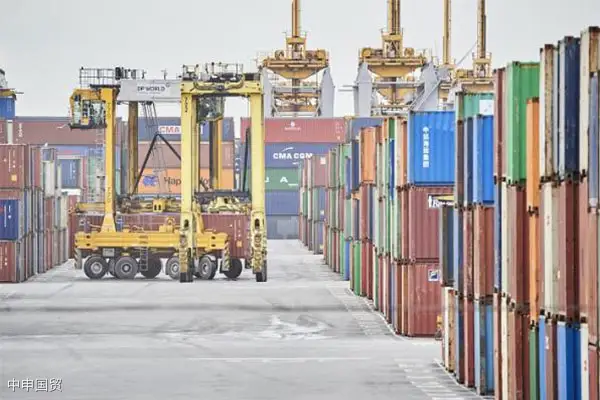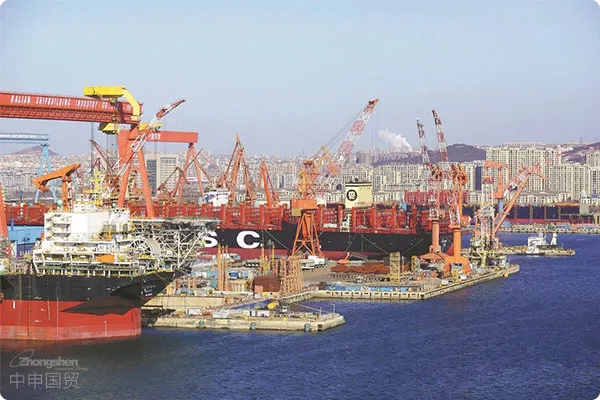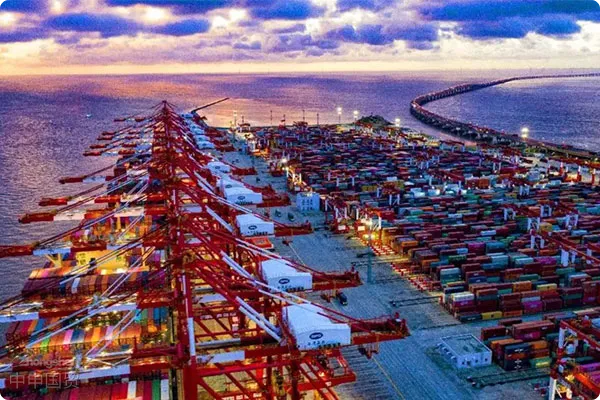- Shanghai Zhongshen International Trade Co., Ltd. - Two decades of trade agency expertise.
- Service Hotline: 139 1787 2118

Three core challenges in industrial spare parts import
Against the backdrop of 2025 global supply chain restructuring, industrial equipment spare parts import faces new compliance requirements. According to the latest customs statistics, declaration error rates for mechanical and electrical spare parts increased by 37% year-on-year, with 72% of mistakes concentrated in HS code classification and origin determination. One automobile manufacturer mistakenly declared HS code for reducer repair kits, causing a 23-day port detention and incurring additional storage fees of 170,000 yuan.
Value comparison of professional agency services
Traditional trading companies vs professional spare parts agents:
- Customs clearance timeliness
- General agents: average 5-7 working days (prone to classification queries)
- Professional agents: 2-3 working days (supported by pre-classification database)
- Certification fees account for 15 - 20%
- Hidden costs: accounting for 18-25% of general agent quotes (including amendment fees, late declaration penalties)
- Transparent pricing: professional agents adopt DDP terms all-inclusive model
2025 agency service selection standards
Recommend enterprises evaluate agency service providers from four dimensions:
- Technical document processing capability
- Capable of identifying 23 international certification marks (including new CE 2025 standard)
- Accuracy rate of electromechanical parameter translation must reach 100%
- Emergency response mechanism
- Provide 24/7 customs consultation services
- Success rate of emergency spare parts import channel applications >90%
Case study: Cost reduction solution for a heavy industry enterprise
A tunnel boring machine manufacturer achieved the following through agent model optimization:
- Establish a dedicated tariff code database for spare parts (covering 98% of SKUs)
- Utilize AEO certification to reduce security deposits by 3 million yuan
- Combine temporary admission and repair item customs codes to save 46% in taxes
Key points for risk prevention and control
Regulatory changes requiring special attention in 2025:
- EUs new Machinery Directive restrictions on used spare parts
- Application of RCEP cumulative rules of origin in repair parts
- Customs inspection intensity for false declaration imports increased 3-fold
Development trends for the next three years
According to WTOs latest Trade Facilitation Agreement, 2025 will implement:
- Global mutual recognition system for electromechanical product classification advance rulings
- Chinas Single Window connecting with customs systems of 63 countries
- Key industries establishing white list systems for spare parts imports
Related Recommendations
? 2025. All Rights Reserved. Shanghai ICP No. 2023007705-2  PSB Record: Shanghai No.31011502009912
PSB Record: Shanghai No.31011502009912










